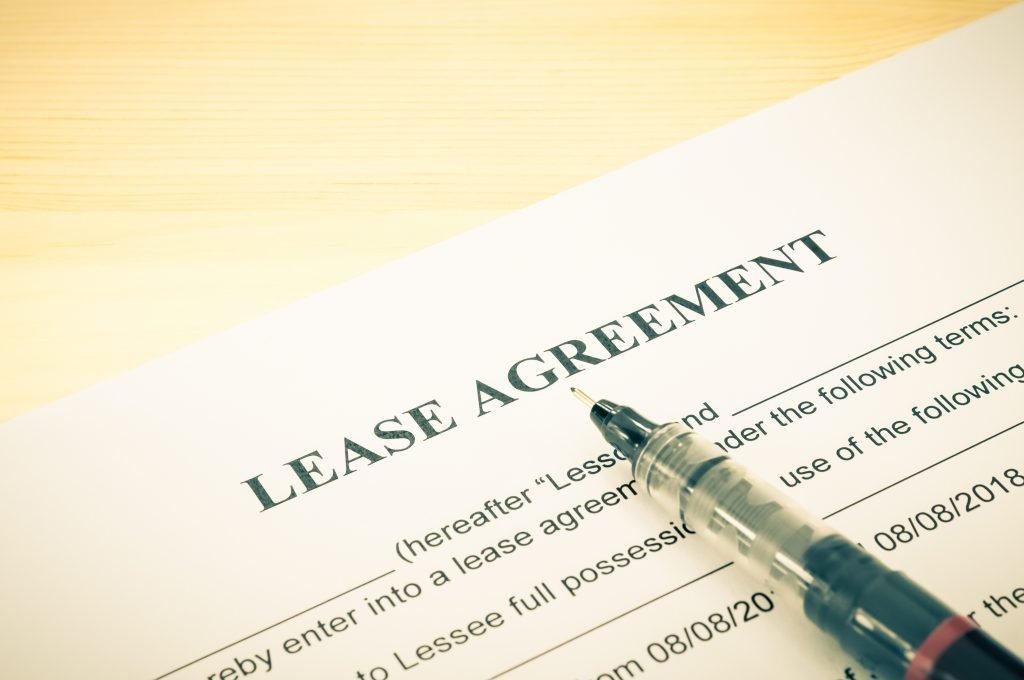On April 6, 2014, the landlord’s common law right was abolished. This law had existed before the Magna Carta, and it gave landlords the right to obtain tenant’s goods and sell them to acquire unpaid rent arrears.
In its place, landlords now use the present legal process of enforcement, known as Commercial Rent Arrears Recovery (CRAR). The Taking Control of Goods Regulations 2013 (“The Regulations”) and the Tribunals Courts and Enforcement Act 2007 (“The Act”) governs this new law.
Key Changes
The basic principle is still similar because the landlords can still seize and sell the goods to the tenants to obtain the outstanding rental fees. However, any commercial rent arrears recovery process has to abide by the following key changes:
1. Landlords will need to forward a notice to be served to the tenant before they can seize goods;
2. Landlords will not have the freedom to seize goods on mixed-use premises;
3. Landlords will not be able to take control of the goods if the arrears of the tenant falls under the new minimum level.
The Lease
Both systems shared one of the few elements where each is only applicable to commercial leases. Unlike the distress law where the relationship between tenant and landlord needs to exist, CRAR needs the lease to be in writing. Landlords cannot exercise CRAR in connection with licences or oral tenancies, even if it is written or not.
The Premises
The application of CRAR to commercial premises is restricted in its scale compared to its precursor. The Distress law allowed a landlord to seize tenant’s goods even for mixed-use premises. However, CRAR is only applicable to premises used only for commercial premises.
Arguably, the tenant-friendly measures of CRAR make it difficult for landlords to feel more secure in case the unwanted happens. This is why they have chosen to raise the rent deposits for security. So both tenants and landlords must make sure they are aware of the new rules when signing a lease.

